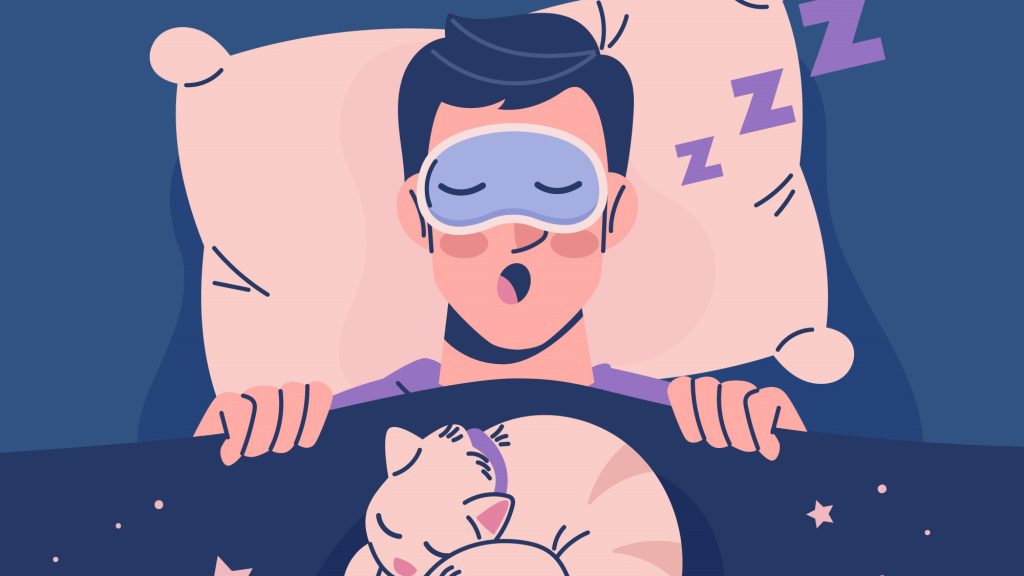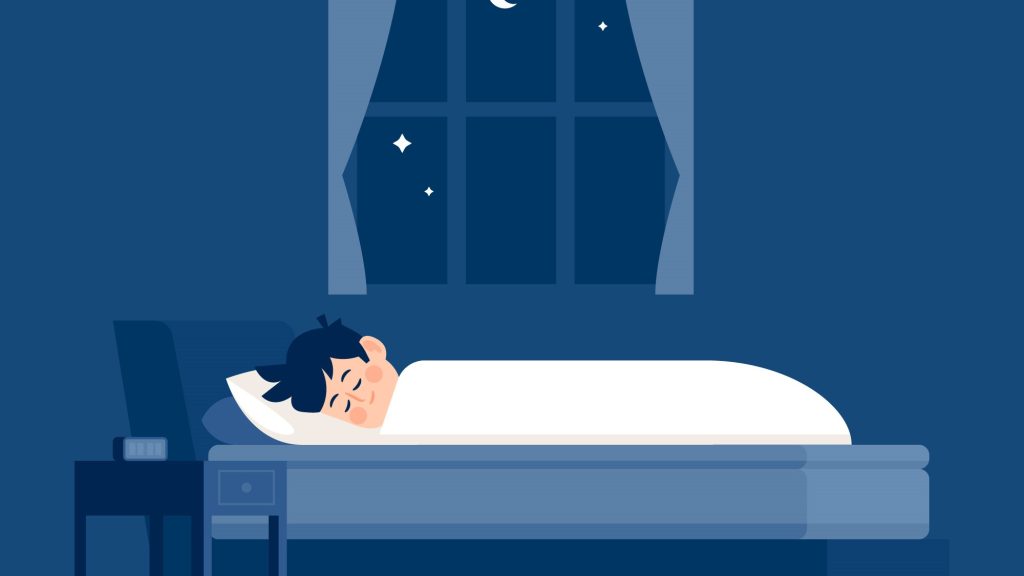Sleepless Nights? 5 Proven Ways Our ‘Gently to Sleep’ Program Helps You Beat Insomnia Naturally

Sleepless nights feel harder than they should! If you’ve ever lain awake, staring at the clock and wishing for sleep to come, you know how frustrating insomnia can feel. It’s not just the missed rest, it’s the worry about how you’ll manage the next day, the cycle of fatigue, and the thought that nothing seems to work. Many people describe feeling caught in a tug-of-war with their own sleep.
If this sounds familiar, you’re not alone. Sleepless nights are incredibly common, and while they can feel overwhelming, there are proven ways forward.
At Quadra Wellness, our 6-week Gently to Sleep online sleep coaching program is designed to guide people through these challenges with compassion and science-based strategies.
Why Does Sleep Feel So Difficult?
When we talk about sleep struggles, it’s important to remember that insomnia isn’t simply a matter of “not being tired enough.” Sleep is regulated by two main systems:
- Sleep Drive (Homeostatic Process): The longer you’re awake, the stronger your biological pressure for sleep becomes.
- Circadian Rhythm: Your internal body clock signals when it’s time to be alert and when it’s time to rest.
Stress, worry, irregular schedules, and certain habits can interfere with both of these systems. For example, staying in bed awake for long stretches teaches the brain to associate the bed with frustration rather than rest. Over time, sleep feels even harder to access, creating a cycle that feeds itself.
This is where approaches like Cognitive Behavioral Therapy for Insomnia (CBT-I) and Acceptance and Commitment Therapy (ACT) make a difference. They shift the focus from “forcing sleep” to creating conditions where sleep is more likely to unfold naturally.
CBT-I has been shown to be the most effective long-term approach for insomnia, helping people rebuild healthier sleep patterns without relying on quick fixes. You can learn more about CBT-I and how it supports better sleep here.

What Contributes to Sleepless Nights?
In my work with clients, I often see patterns that get in the way of healthy sleep. These may look familiar:
- Racing thoughts at bedtime: The mind replaying the day or worrying about tomorrow.
- Irregular sleep schedules: Going to bed and waking up at widely different times.
- Screen time late at night: Blue light and stimulating content keeping the brain alert.
- Staying in bed awake: Spending hours tossing and turning reinforces wakefulness.
Practical, Evidence-Based Steps You Can Try
While everyone’s sleep journey is different, research has shown that certain behavioral strategies can ease the cycle of insomnia. These are simple, actionable steps you can try right away:
1. Keep a Consistent Wake Time
Your body’s circadian rhythm; the internal 24-hour clock thrives on regularity. Waking up at the same time every day (including weekends) helps reinforce this rhythm and builds stronger sleep pressure for the next night. Over time, this consistency makes it easier to both fall asleep and stay asleep. Even if you had a poor night, resist the temptation to sleep in late, as this can push your body clock off schedule.
2. Step Out of Bed If You Can’t Sleep
Lying awake in bed often leads to frustration, which teaches the brain to link the bed with wakefulness. If you’ve been awake for about 15–20 minutes, get up and do something quiet in low light such as reading a paper book, listening to calm music, or practicing gentle breathing. Return to bed only when you feel drowsy again. This technique, known as stimulus control, is a cornerstone of CBT-I and helps reestablish your bed as a place for sleep rather than worry.
3. Create a Gentle Wind-Down Routine
Our brains need a transition from the busyness of the day to the slower pace of sleep. A consistent wind-down routine helps create this bridge. Activities such as journaling, light stretching, or reading something calming can reduce mental and physical tension.
A routine of around 20–30 minutes gives the body enough time to slow down and shift into a more restful state, signaling that it’s time to sleep.
4. Notice and Allow Thoughts
Racing thoughts are one of the most common barriers to sleep. Trying to suppress or control them often backfires, making the mind even more active. ACT strategies encourage a different approach: noticing thoughts without judgment and letting them come and go, like leaves floating down a stream.
By reducing the struggle, you create more mental space for relaxation and sleep is more likely to follow naturally. Some people find writing down tomorrow’s to-do list before bed helps reduce mental load and prevents rumination during the night.
Worrying about the week ahead is one of the most common reasons people struggle to fall asleep on Sunday nights. If this feels familiar, you may want to explore our guide on Sunday sleep anxiety and CBT strategies.
5. Limit Screen Use Before Bed
Electronic devices emit blue light, which suppresses melatonin, the hormone that signals your body it’s time to sleep. Beyond the light itself, the content we consume on phones, tablets, or TVs is often stimulating and keeps the brain alert.
Aim to turn off screens at least an hour before bedtime. If that’s difficult, try using blue light filters or switching to audio-based activities like listening to calming music or a podcast. Dimming the lights in your home also helps reinforce the body’s natural signal that night is approaching.

How Gently To Sleep Program Helps You Fight Insomnia?
Making changes on your own can feel daunting, especially when sleep has been difficult for months or even years. Structured guidance provides accountability, reassurance, and a step-by-step plan tailored to your situation.
The Gently to Sleep program is designed with this in mind. It combines CBT-I and ACT principles into a supportive coaching process that helps you:
- Rebuild healthy sleep habits
- Reduce the pressure and anxiety around sleep
- Strengthen your body’s natural rhythms
- Create a more welcoming environment for rest
A Compassionate Path Forward
Sleepless nights don’t define you, and they don’t have to last forever. With the right support and strategies, improvement is not only possible, it’s within reach. Remember, sleep isn’t something you can force, but it does respond when you give it space and supportive conditions.
Taking the Next Step
If you’ve been struggling with sleepless nights and want a proven path forward, we’re here to help. Our Gently to Sleep program was created to guide you with practical strategies and compassionate support.
Learn more about our 6-week science-backed sleep coaching program, Gently to Sleep, and take the first step toward restful nights and energized days OR contact us to schedule a FREE initial consultation today!
